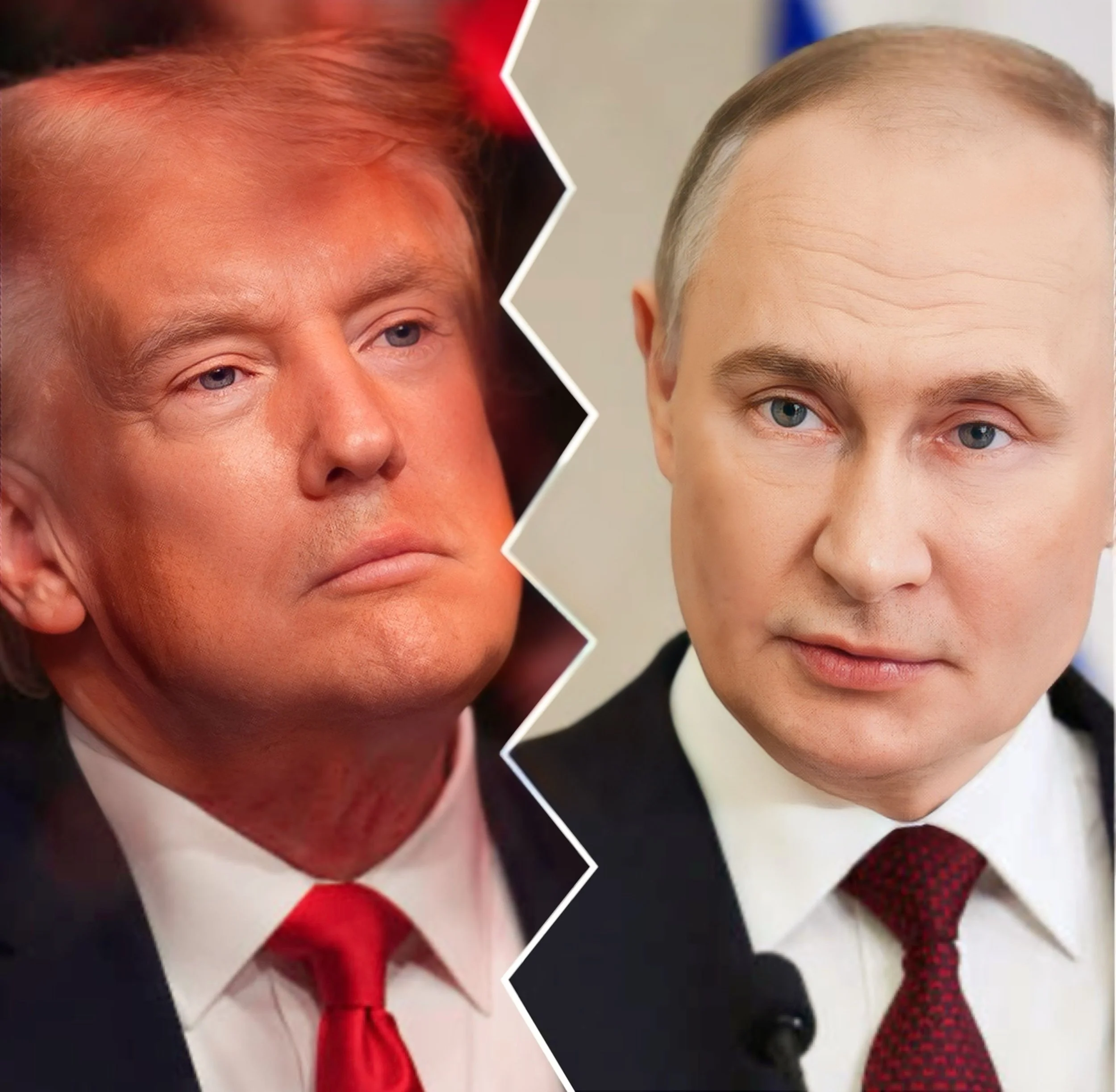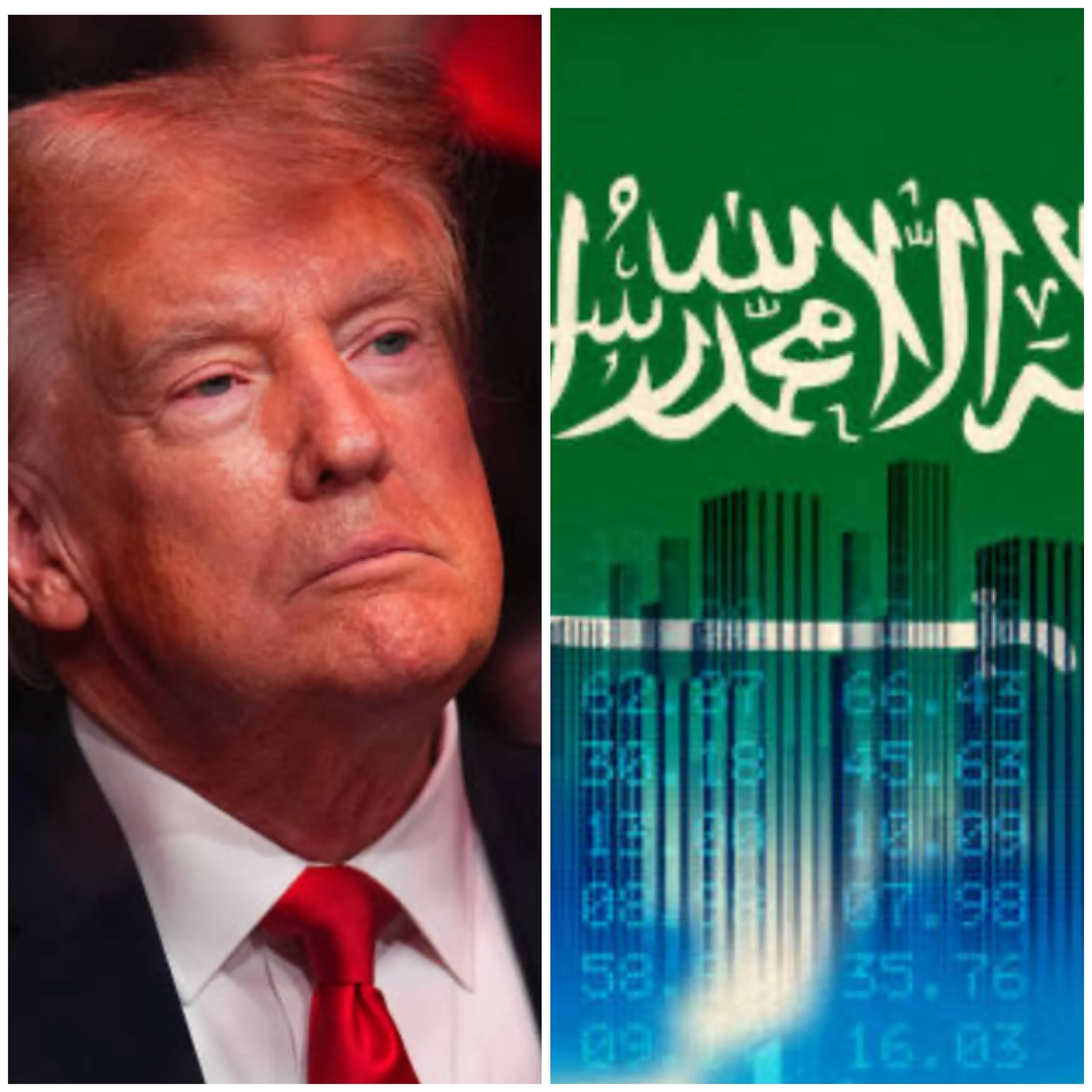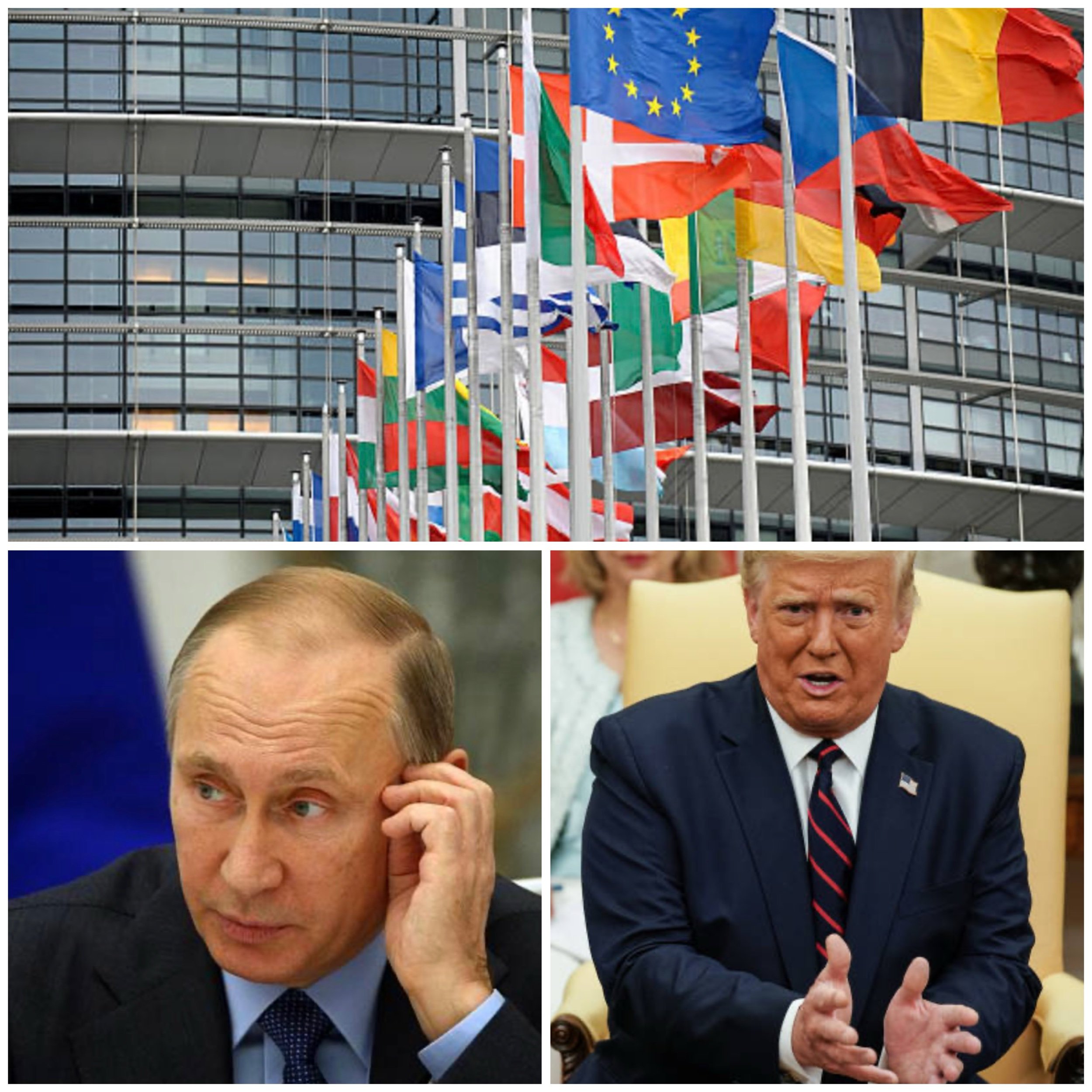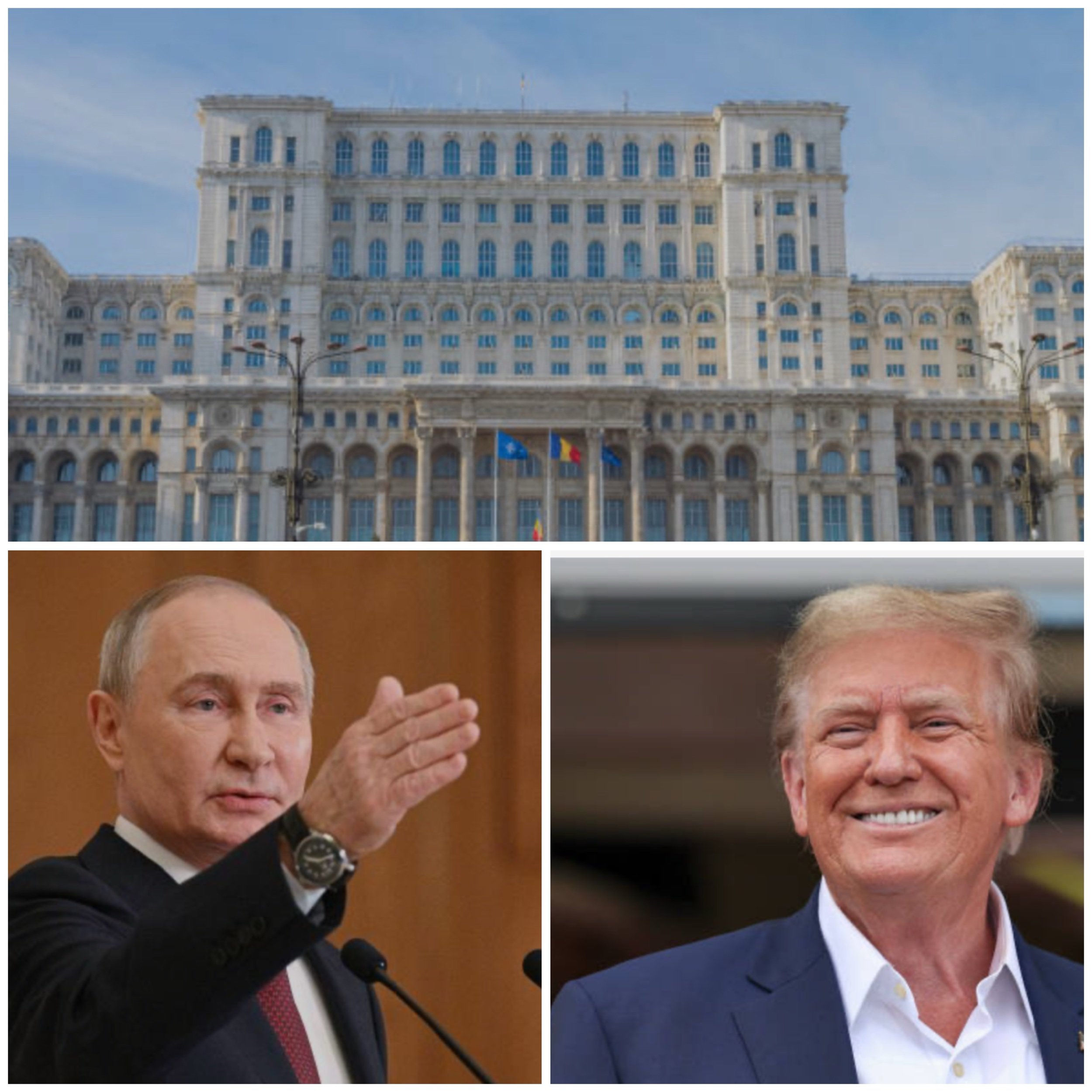Could a Trump-Putin deal lead to a reevaluation of NATO's role in European security
Introduction
A Trump-Putin deal could indeed lead to a significant reevaluation of NATO’s role in European security, with potentially far-reaching consequences:
Shifting Power Dynamics
Reduced U.S. Involvement:
Trump may push for a “radical reorientation” of NATO, with the U.S. taking a back seat to Europe
This could involve maintaining U.S. air and naval capabilities in Europe while transferring most ground force responsibilities to European nations
Increased European Responsibility:
European allies would need to take on a greater share of the defense burden
This shift could accelerate the development of a stronger European pillar within NATO
Strategic Implications
Two-Tier NATO System:
Trump might propose a system where countries not meeting defense spending targets receive fewer security guarantees
This approach could challenge NATO’s core principle of collective defense
Weakened Deterrence:
A perceived reduction in U.S. commitment could embolden Russia to test NATO’s resolve
The credibility of NATO’s collective defense might be questioned, particularly along its eastern flank
Impact on Ukraine
Pressure for Concessions:
Ukraine might face pressure to make territorial concessions to end the war
This could involve ceding control of Russian-occupied territories like Crimea and parts of Donbas
Neutrality Demands:
Trump might support Putin’s insistence on Ukrainian neutrality, potentially compromising Ukraine’s NATO aspirations
European Response
Defense Spending Increase:
European nations may accelerate efforts to increase defense spending and capabilities
This could be seen as both a response to U.S. demands and a hedge against reduced U.S. commitment
Strategic Autonomy:
Europe might be compelled to develop more independent military capabilities
This could involve addressing shortfalls in areas like intelligence, surveillance, and long-range strike capabilities
Challenges to NATO Unity
Potential Fragmentation:
A Trump-Putin deal could exacerbate divisions within NATO, particularly between Eastern and Western European members
Some countries, like Hungary, might be more amenable to such a deal, while others strongly oppose it
Reevaluation of Purpose:
NATO may need to reassess its mission and structure in light of changing U.S. priorities and European security needs
Conclusion
Trump-Putin deal could catalyze a fundamental reevaluation of NATO’s role, potentially leading to a more European-centric alliance with a reduced U.S. presence. This shift would present both challenges and opportunities for European security, requiring careful navigation to maintain NATO’s effectiveness and unity.





